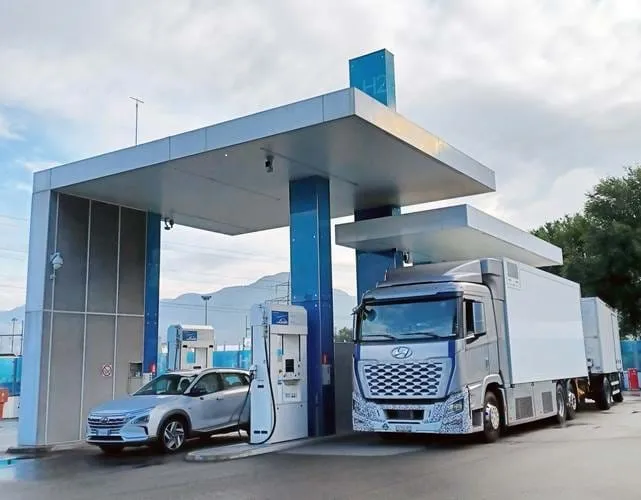Kapsch is to close its Chinese factory and produce its railway radio modules in its Vienna plant, which will be expanded. Although it will be five per cent more expensive to produce the products in Austria than China, wages are increasing in China and if the yuan is revalued the Chinese factory will no longer be able to compete with Austria. In addition, producing the parts in Vienna will mean that the company is able to react to client demands faster; a container takes up to six weeks to get from China to
March 23, 2012
Read time: 1 min
The return is part of a wider trend; almost half of German companies which had moved production abroad have already brought it back, according to the Fraunhofer Institut für System- und Innovationsforschung.









